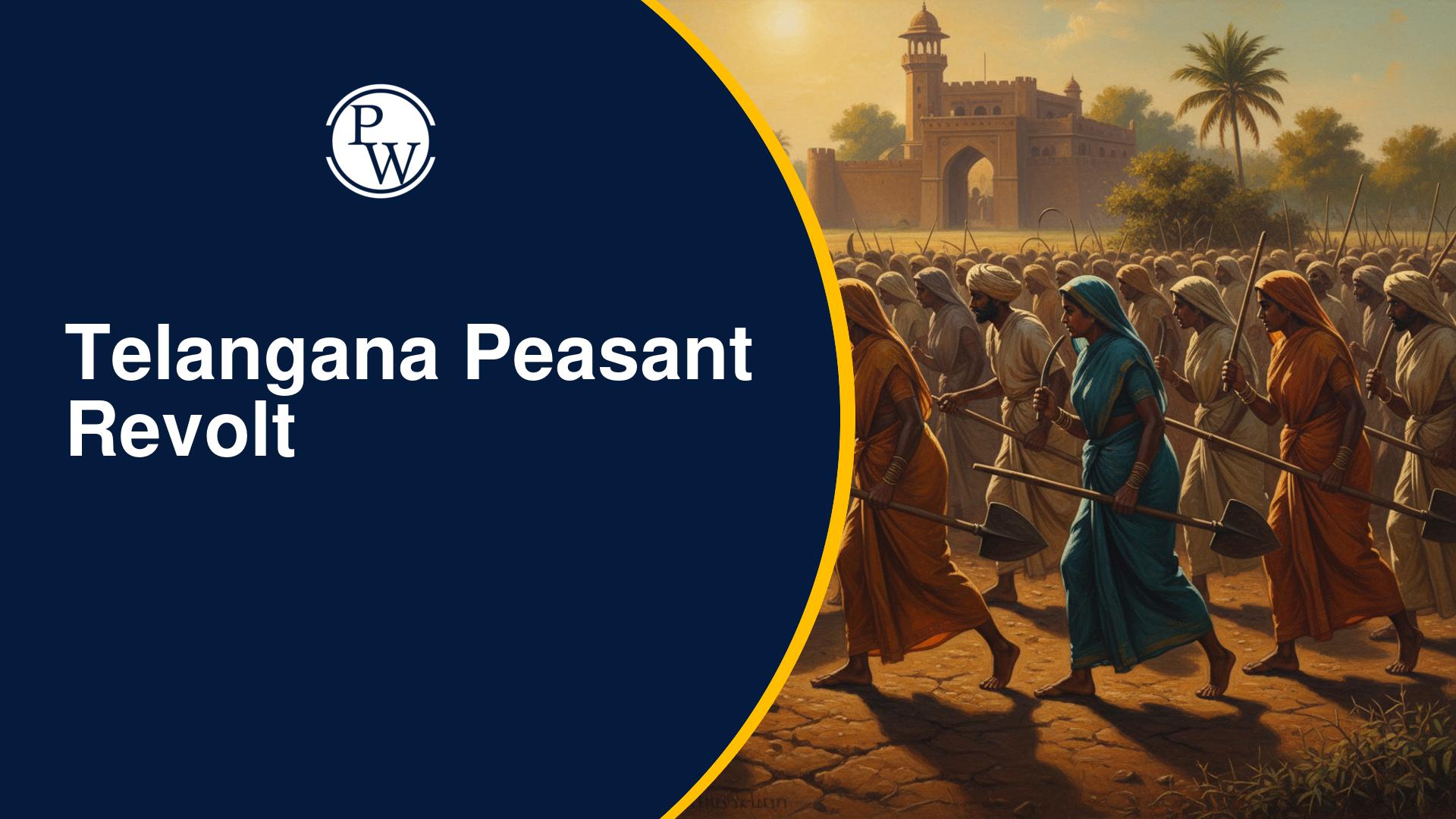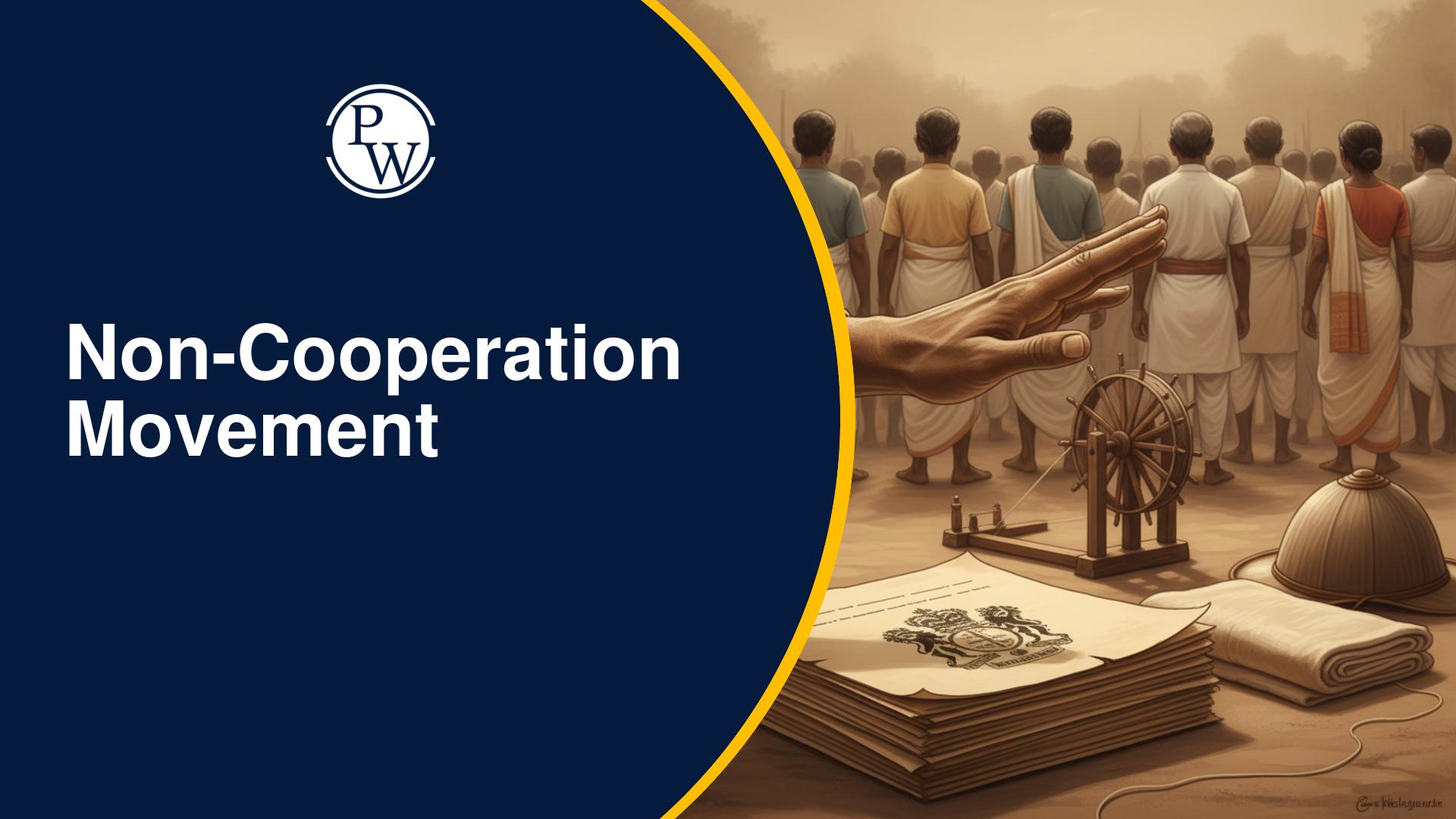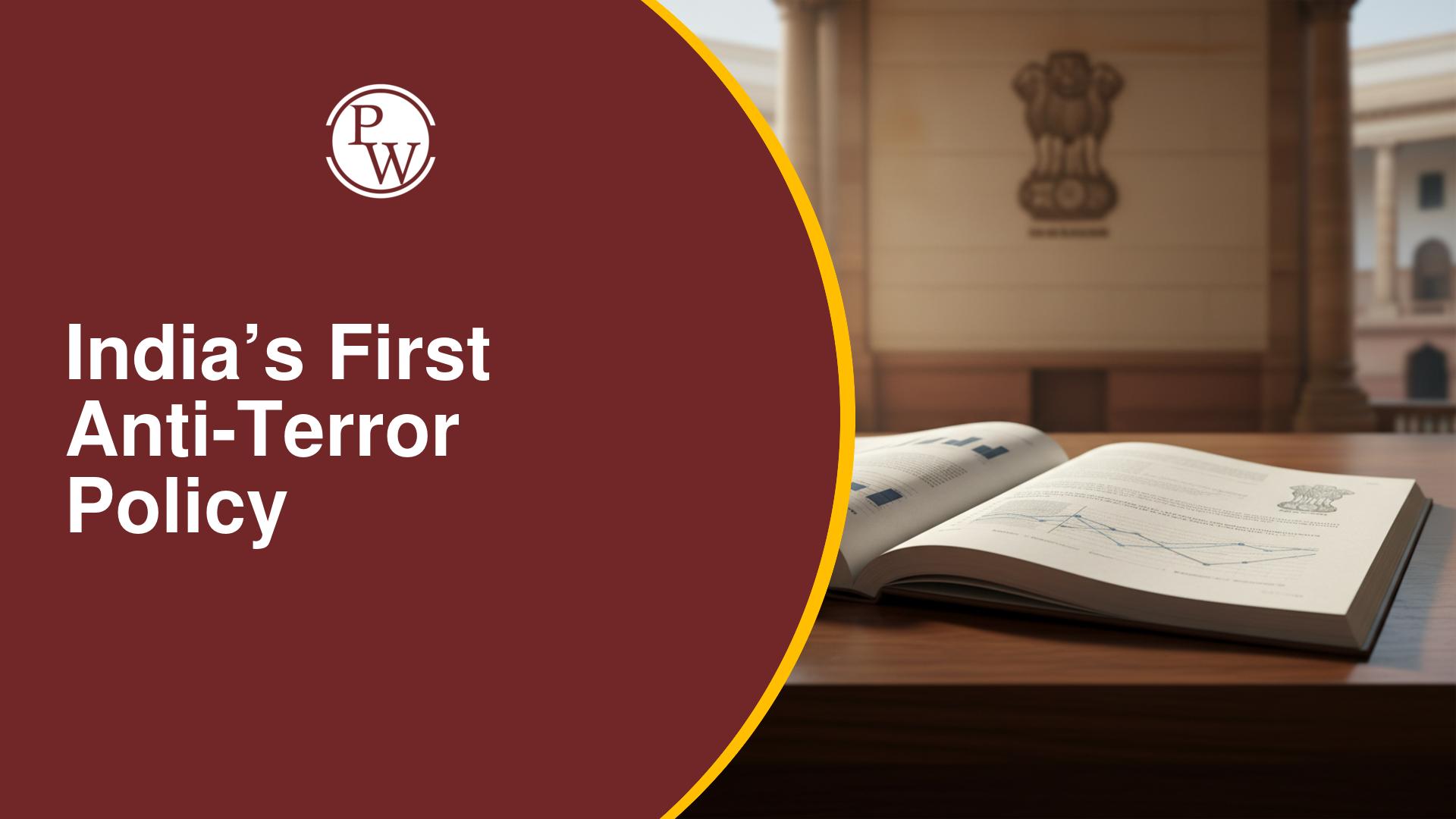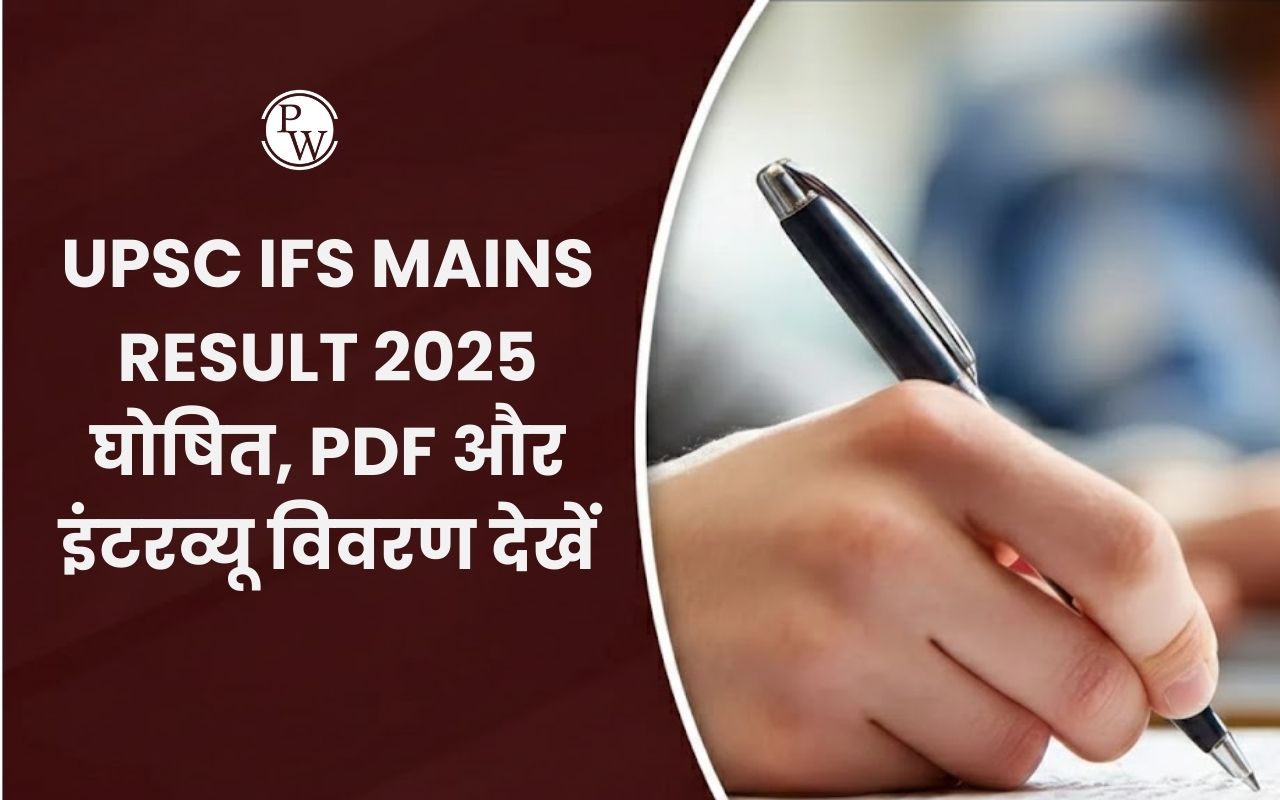
Nobel Prize in Economic Sciences 2025 Winners: The prize has been awarded to Joel Mokyr, Philippe Aghion, and Peter Howitt, as announced today, October 13, 2025, in Stockholm. They are being honoured for developing a theory of sustained economic growth through creative destruction, helping advance knowledge in economic theory, policy, and practice worldwide. The winners will receive 11 million Swedish kronor (about ₹10 crore) and gain global recognition and respect that comes with the Nobel Prize.
Nobel Prize Winners in Economic Sciences 2025
Source - nobelprize.org
Winners of the Nobel Prize 2025 in Economics have made a big impact on policies and ideas. Their research helps governments, organizations, and inspires future economists. Check the list of all the Nobel Prize Winners in Economic Sciences from 1969 to 2025 who have done important work in economics.
| Nobel Prize in Economic Science 2025 Winner List | |||
| Winner | Affiliation | Contribution | Prize Share |
| Joel Mokyr | Northwestern University, Evanston, IL, USA | Identified prerequisites for sustained economic growth through technological progress | Half of the prize |
| Philippe Aghion | Collège de France & INSEAD (Paris, France), LSE (UK) | Developed a theory of sustained economic growth through creative destruction | Half shared with Peter Howitt |
| Peter Howitt | Brown University, Providence, RI, USA | Developed a theory of sustained economic growth through creative destruction | Half shared with Philippe Aghion |
Also read: Nobel Prize in Chemistry 2025
Nobel Prize in Economic Sciences Winners List (1969–2025)
These are the economists who have won the Nobel Prize in Economic Sciences from 1969 to 2025. They have made important contributions to economic research, policy, and development worldwide.
|
Nobel Prize in Economic Sciences Winners List (1969–2025) |
||
|
Year |
Laureates |
Contribution (Easy Words) |
|
1969 |
Ragnar Frisch & Jan Tinbergen |
Developed ways to use math and stats for studying the economy |
|
1970 |
Paul Samuelson |
Helped build modern economic theories |
|
1971 |
Simon Kuznets |
Studied and measured economic growth in countries |
|
1972 |
John R. Hicks & Kenneth J. Arrow |
Developed theories about how markets reach balance |
|
1973 |
Wassily Leontief |
Created methods to see how industries depend on each other |
|
1974 |
Gunnar Myrdal & Friedrich Hayek |
Made important ideas about economics and policies |
|
1975 |
Leonid Kantorovich & Tjalling Koopmans |
Studied best ways to use resources efficiently |
|
1976 |
Milton Friedman |
Developed the money-based economic theory (monetarism) |
|
1977 |
Bertil Ohlin & James Meade |
Explained international trade and how countries exchange goods |
|
1978 |
Herbert Simon |
Studied human decisions and behaviour in economics |
|
1979 |
Theodore Schultz & Sir Arthur Lewis |
Worked on improving developing countries’ economies |
|
1980 |
Lawrence Klein |
Created models to predict the economy’s behavior |
|
1981 |
James Tobin |
Studied investments and financial portfolios |
|
1982 |
George Stigler |
Analyzed how markets and competition work |
|
1983 |
Gérard Debreu |
Developed theories about market balance |
|
1984 |
Richard Stone |
Created ways to calculate national income and economy size |
|
1985 |
Franco Modigliani |
Studied how households save and spend money |
|
1986 |
James Buchanan |
Developed ideas about how governments make economic decisions |
|
1987 |
Robert Solow |
Studied how economies grow over time |
|
1988 |
Maurice Allais |
Studied decision-making and choices under risk |
|
1989 |
Trygve Haavelmo |
Developed methods to study economy using statistics |
|
1990 |
Harry Markowitz, William Sharpe & Merton Miller |
Studied finance, investments, and markets |
|
1991 |
Ronald Coase |
Analyzed costs of making deals and running businesses |
|
1992 |
Gary Becker |
Studied choices in everyday life using economics |
|
1993 |
Robert Fogel & Douglass North |
Studied economic history and past trends |
|
1994 |
John Nash, John Harsanyi & Reinhard Selten |
Developed game theory to study strategy and competition |
|
1995 |
Robert Lucas |
Studied how policies affect economic growth |
|
1996 |
James Mirrlees & William Vickrey |
Studied incentives and fair ways to design taxes |
|
1997 |
Robert Merton & Myron Scholes |
Studied pricing of financial options and risk |
|
1998 |
Amartya Sen |
Worked on welfare, poverty, and human development |
|
1999 |
Robert Mundell |
Studied global money systems and currencies |
|
2000 |
James Heckman & Daniel McFadden |
Developed methods to study small economic choices |
|
2001 |
George Akerlof, Michael Spence & Joseph Stiglitz |
Studied markets with uneven information |
|
2002 |
Daniel Kahneman & Vernon Smith |
Studied human behaviour in economic decisions |
|
2003 |
Robert Engle & Clive Granger |
Developed methods to study economic trends over time |
|
2004 |
Finn Kydland & Edward Prescott |
Studied how policies affect economy over time |
|
2005 |
Robert Mundell |
Studied money, currency, and trade across countries |
|
2006 |
Edmund Phelps |
Studied trade-offs between present and future consumption |
|
2007 |
Leonid Hurwicz, Eric Maskin & Roger Myerson |
Developed rules to design fair markets and contracts |
|
2008 |
Paul Krugman |
Studied trade between countries and economic geography |
|
2009 |
Elinor Ostrom |
Studied how communities manage shared resources |
|
2010 |
Peter Diamond, Dale Mortensen & Christopher Pissarides |
Studied job markets and unemployment |
|
2011 |
Thomas Sargent & Christopher Sims |
Studied government policies and economic effects |
|
2012 |
Alvin Roth & Lloyd Shapley |
Developed ways to match people in markets efficiently |
|
2013 |
Eugene Fama, Lars Hansen & Robert Shiller |
Studied how prices and assets change over time |
|
2014 |
Jean Tirole |
Studied how big companies and market power affect prices |
|
2015 |
Angus Deaton |
Studied poverty, welfare, and how people spend money |
|
2016 |
Oliver Hart & Bengt Holmström |
Studied contracts and agreements between people/businesses |
|
2017 |
Richard Thaler |
Studied how psychology affects economic decisions |
|
2018 |
William Nordhaus & Paul Romer |
Studied climate change and technology’s economic impact |
|
2019 |
Abhijit Banerjee, Esther Duflo & Michael Kremer |
Used experiments to reduce poverty effectively |
|
2020 |
Paul Milgrom & Robert Wilson |
Improved auction theory and bidding strategies |
|
2021 |
David Card, Joshua Angrist & Guido Imbens |
Studied cause-and-effect in economics |
|
2022 |
Ben Bernanke, Douglas Diamond & Philip Dybvig |
Studied banks and financial crises |
|
2023 |
Claudia Goldin |
Studied women’s participation in the workforce |
|
2024 |
Daron Acemoglu, Simon Johnson & James A. Robinson |
Studied how institutions affect wealth and growth |
|
2025 |
Joel Mokyr, Philippe Aghion, and Peter Howitt |
Developed a theory of sustained economic growth through creative destruction |
Nobel Prize in Economic 2025 FAQs
Who won the Nobel Prize in Economics 2025?
What is the prize amount for the Nobel Economics Prize 2025?
What is the Nobel Prize in Economic Sciences?
Who won the Nobel Prize in Economics 2024?
Who was the first Indian to win the Nobel Prize in Economics?










